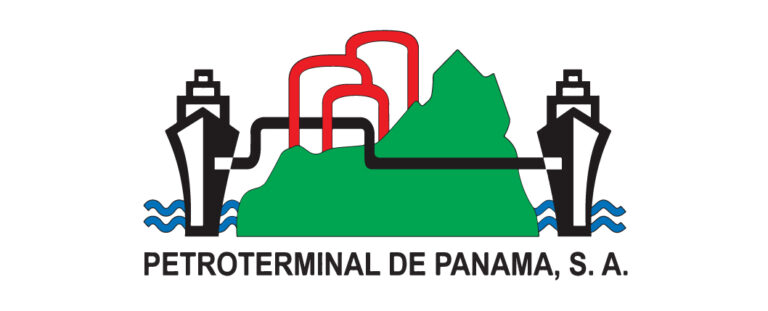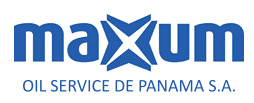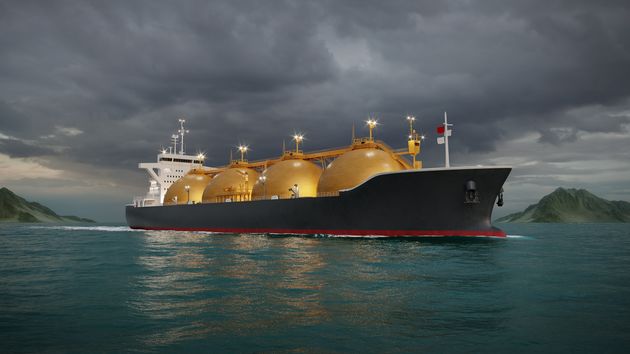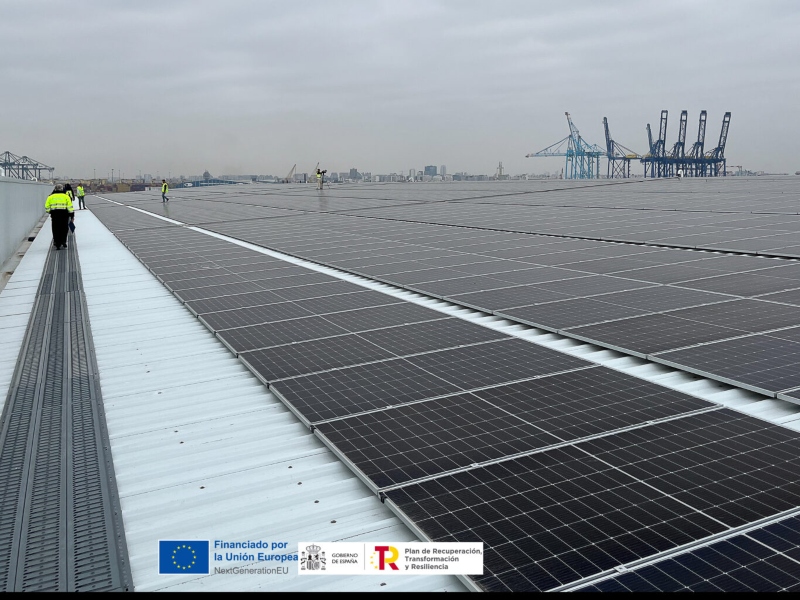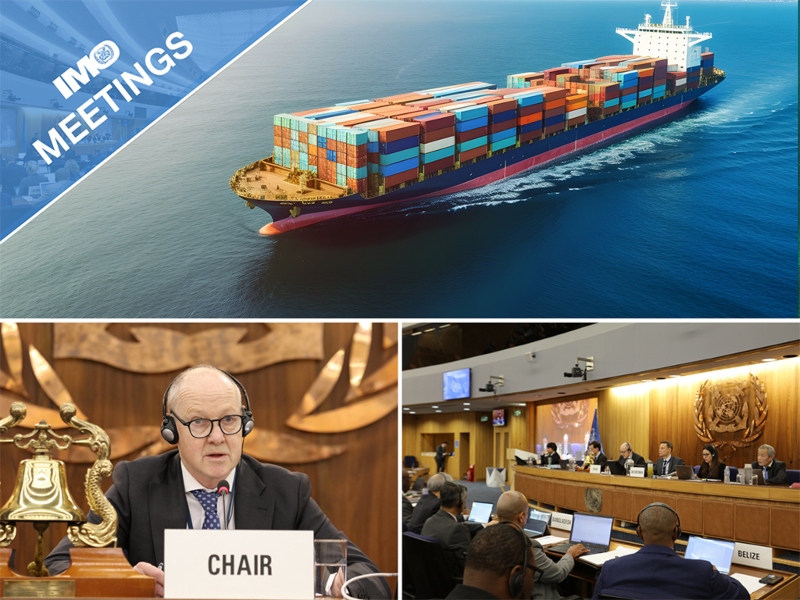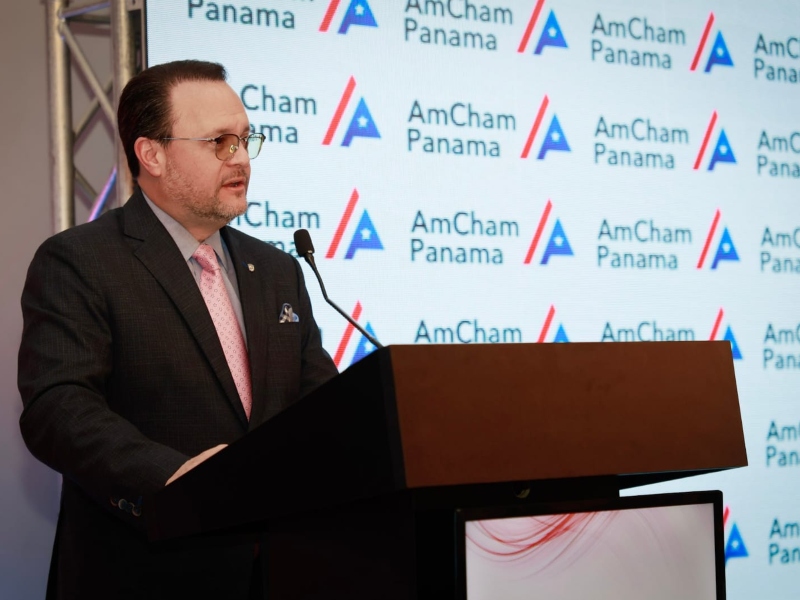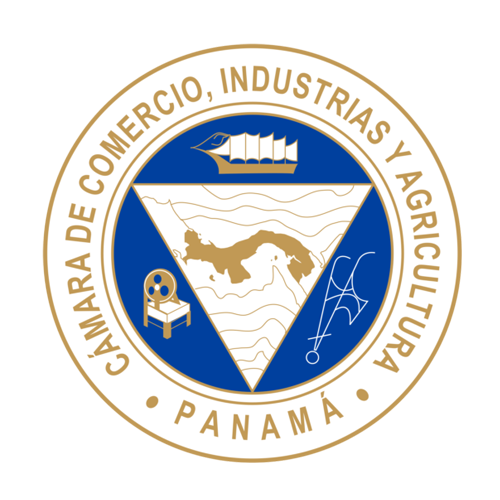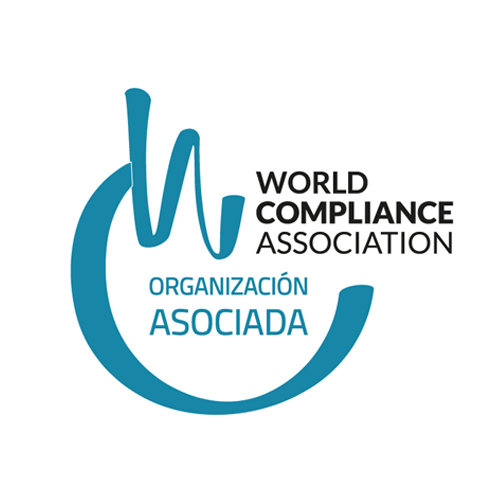An international consortium is launching a study to transport hydrogen in the form of a LOHC (Liquid Organic Hydrogen Carrier) from Scotland to Rotterdam. Scotland’s ambition is to produce 5 GW of hydrogen by 2030. The European Union wants to import around 10 GW by 2030.
Source: Port of Rotterdam
The Net Zero Technology Centre and ERM have today (14 December 2022) announced the launch of the Liquid Organic Hydrogen Carrier (LOHC) for Hydrogen Transport from Scotland (LHyTS) project, which will play a key role in the export of hydrogen from Scotland to Rotterdam.
The LHyTS project seeks to demonstrate that LOHC, in the form of methylcyclohexane (MCH), can be successfully transported at scale, providing an export route to the Port of Rotterdam and other European destinations.
The project will be delivered by a diverse, international consortium, including Axens, Chiyoda, EnQuest, ERM, Koole Terminals, Port of Rotterdam, Scottish Government, Shetland Islands Council, Storegga and the Net Zero Technology Centre. The partners will work together undertaking engineering studies targeted at developing a pilot project as a precursor to large scale export.
Hydrogen will facilitate various decarbonisation applications. The project aligns with Scottish Government’s Hydrogen Policy Statement, which aims to deliver 5GW of renewable and low-carbon hydrogen production by 2030 and 25GW by 2045. The global ambition has also been established, with The European Commission targeting 10 million tons of hydrogen to be imported by 2030.
The Port of Rotterdam, as an established energy hub, already imports 13% of Europe’s energy and has ambitions to become the Hydrogen Hub of Europe. To achieve this, the port will draw on its extensive import, export and storage infrastructure, established energy industry supply chain and pipeline connections to other industrial clusters in Northwest Europe.
Hayleigh Barnett, Project Manager at the Net Zero Technology Centre, said, “The main challenge in exporting hydrogen is choosing the best means of transportation. Early stage studies in this project have concluded that LOHC has several advantages over other carrier forms, such as ammonia, methanol or liquid hydrogen. Conducting an industrial scale trial is an exciting step in making LOHC export a reality.”
René van de Plas, Director International of the Port of Rotterdam Authority: “Scotland is extremely fit for the production of green hydrogen, because of its abundance of wind and the demand at the continent nearby. On top of that, the area is one of the heartlands of the oil and energy sector. That ecosystem of knowledge, infrastructure and companies will help to kickstart the hydrogen economy.”
Paul Massie, Director of Corporate Development and New Energy at EnQuest said, ‘EnQuest is committed to building a New Energy hub at Sullom Voe in Shetland which will produce a million tonnes of green hydrogen a year. With hydrogen a key part of our future plans, we are pleased to participate in this important study.’
Osamu Ikeda, Managing Director, Chiyoda Corporation Netherlands B.V. said, ‘MCH-LOHC technology for its compatibility with existing oil industry’s asset as well as high technology readiness, has great capability to make hydrogen introduce quickly, safely, to Rotterdam from Scotland, that enable energy transition and decarbonization to be promoted. We hope that this project will become literally LHyTShouse toward the sustainable future.’
Sarah Potts, Head of Hydrogen at Storegga said, “The north-east of Scotland is playing an important role in developing the huge potential of hydrogen in the UK and Storegga is right at the heart of those efforts with our Acorn Hydrogen project at St. Fergus and our Cromarty Green Hydrogen Project north of Inverness. We are so pleased to be collaborating on this study with so many other organisations who are also striving to develop a thriving hydrogen industry.”
Andrew Sneddon, Consulting Director at ERM said, “With the predicted demand for hydrogen in Europe, this project represents a significant step forward in enabling the safe and efficient export of hydrogen to a growing market. ERM welcomes this opportunity and is very pleased to be part of this initiative that will be at the centre of developing a major contribution to achieving zero emissions energy.”
Patrick Sarrazin, Executive Vice President New Development & Transformation at Axens said, “Axens toluene hydrogenation technology, proven since decades in oil&gas industry, allows producing MCH that will be used as LOHC. We are thrilled to join this major energy transition project for Northern Europe.”
UK Government Minister for Scotland John Lamont said, “The launch of the new Hydrogen Highway project will strengthen links with the wider European energy sector and bring new jobs and investment to Scotland. Along with Scottish Government, the UK Government is investing £180million in the Net Zero Technology Centre to support the projects that can deliver our energy transition.”
![]()









